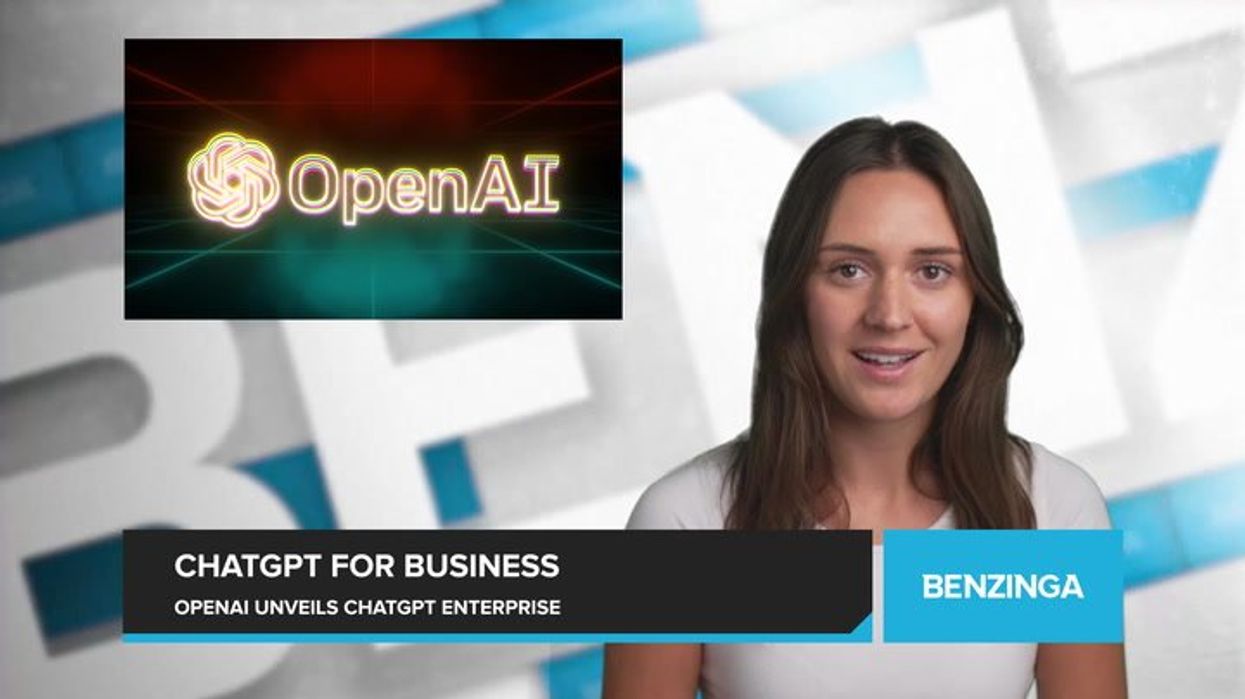One newspaper is taking a stand against ChatGPT programme OpenAI.
The Guardian has blocked OpenAI from using its content to power products such as ChatGPT to protect its intellectual property, they announced.
ChatGPT is “trained” by being fed vast amounts of data from the internet, including news articles, which enable the tools to predict the likeliest word or sentence to come after the user’s prompt, but some papers are not happy about it.
A spokesperson for Guardian News & Media, publisher of the Guardian and Observer, said: “The scraping of intellectual property from the Guardian’s website for commercial purposes is, and has always been, contrary to our terms of service. The Guardian’s commercial licensing team has many mutually beneficial commercial relationships with developers around the world, and looks forward to building further such relationships in the future.”
The Guardian is not the only paper taking a stand. According to Originality.ainews websites now blocking the GPTBot crawler, which takes data from webpages to feed into its AI models, include CNN, Reuters, the Washington Post, Bloomberg, the New York Times and its sports site the Athletic. Other sites that have blocked GPTBot include Lonely Planet, Amazon, the job listings site Indeed, the question-and-answer site Quora, and dictionary.com.
Meanwhile, in July Elon Musk imposed limits on his Twitter platform, now rebranded X, to address what he claimed were “extreme levels of data scraping” by AI firms building their models. He tweeted that “almost every company doing AI” was taking “vast amounts of data” from Twitter, which Musk said was forcing the company to deploy more servers – at a cost – to cope with the demand.
Sign up to our free Indy100 weekly newsletter
Have your say in our news democracy. Click the upvote icon at the top of the page to help raise this article through the indy100 rankings.














